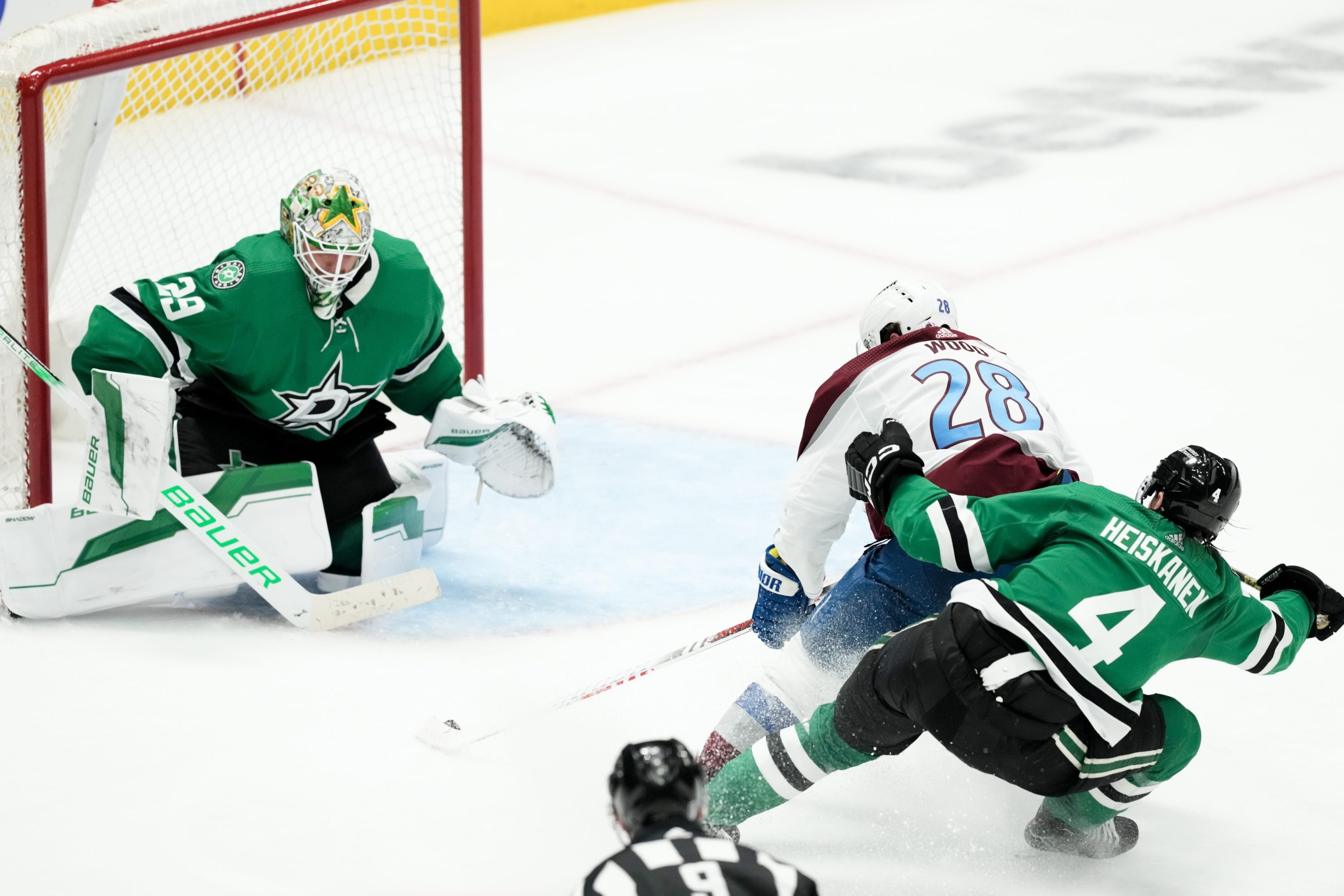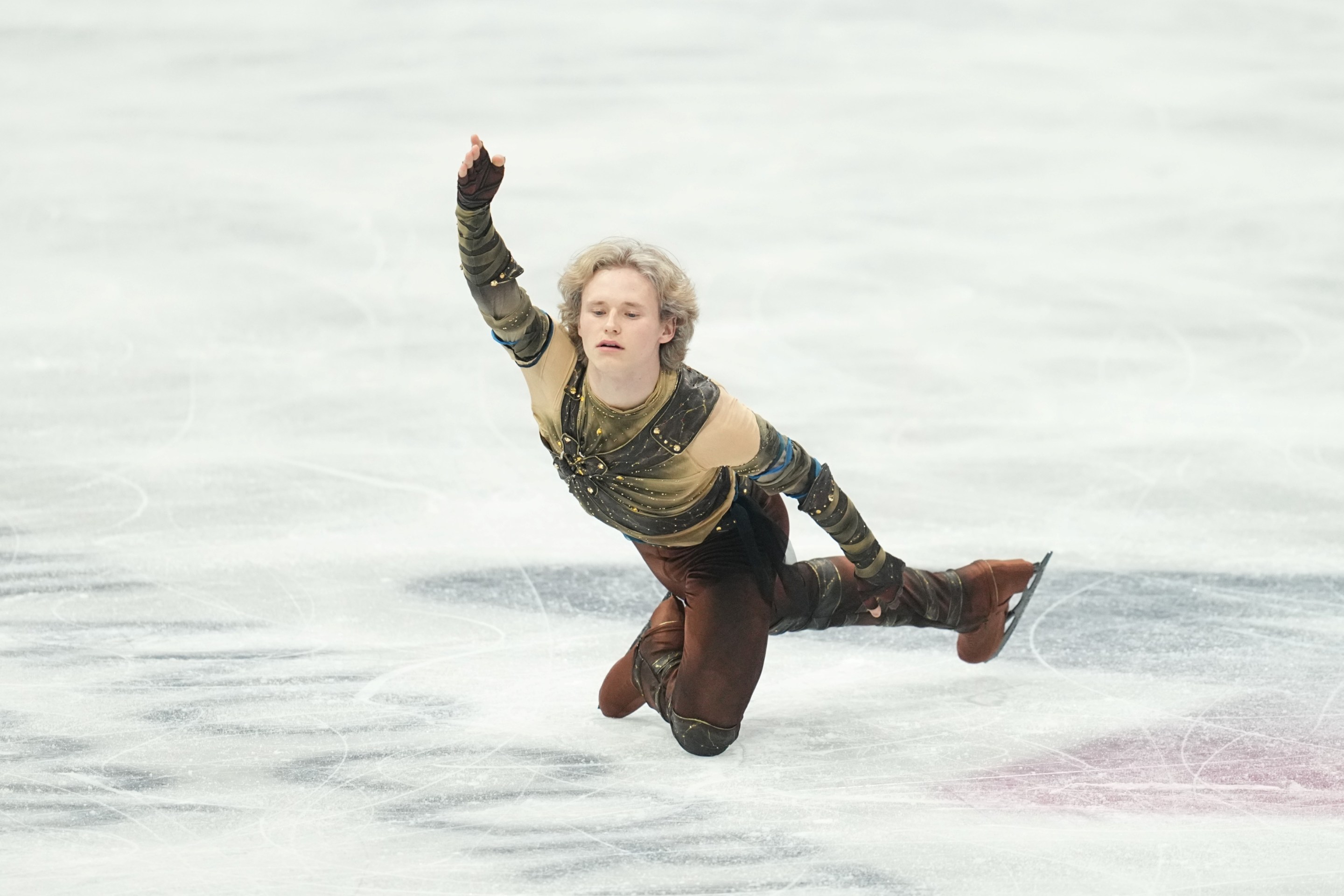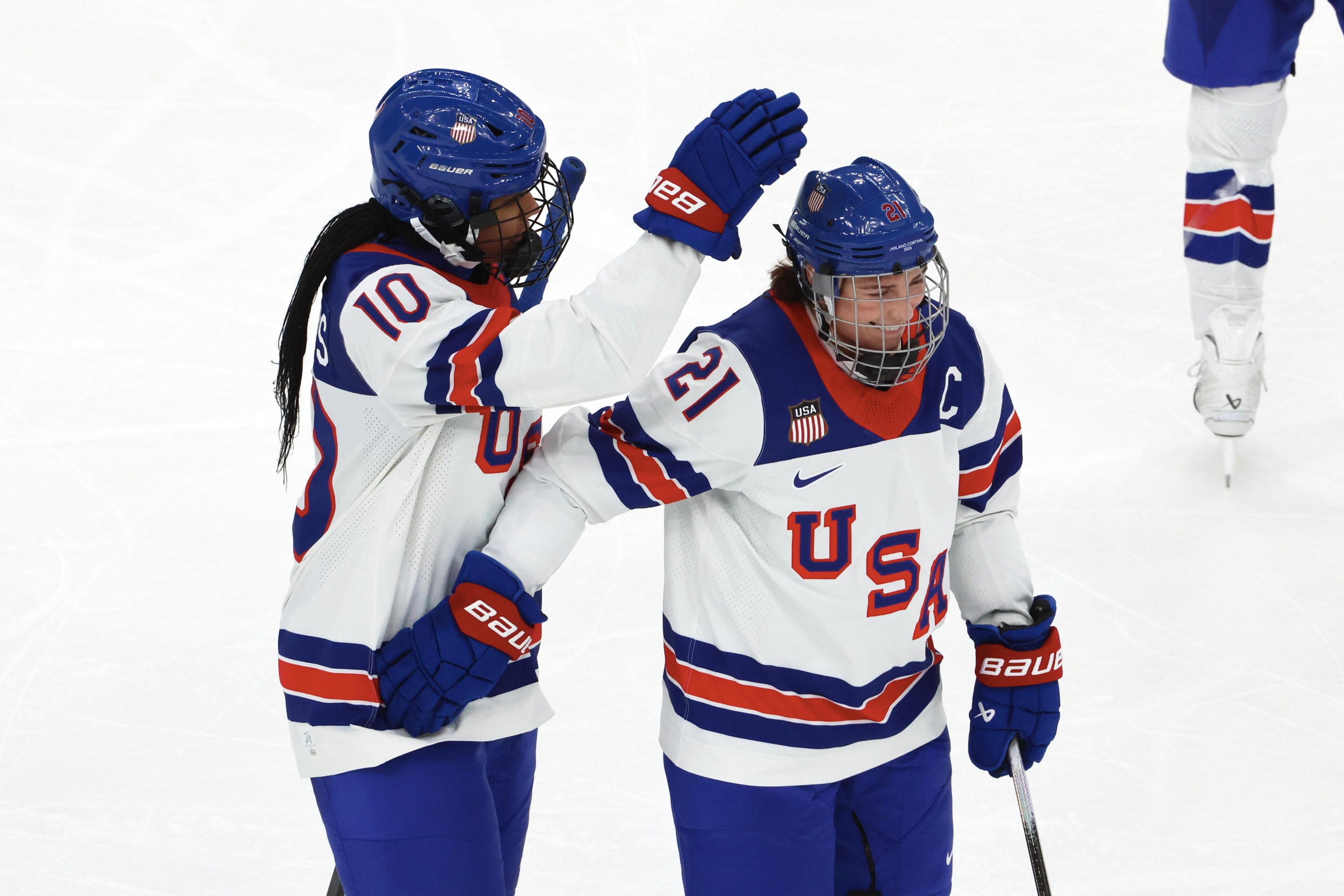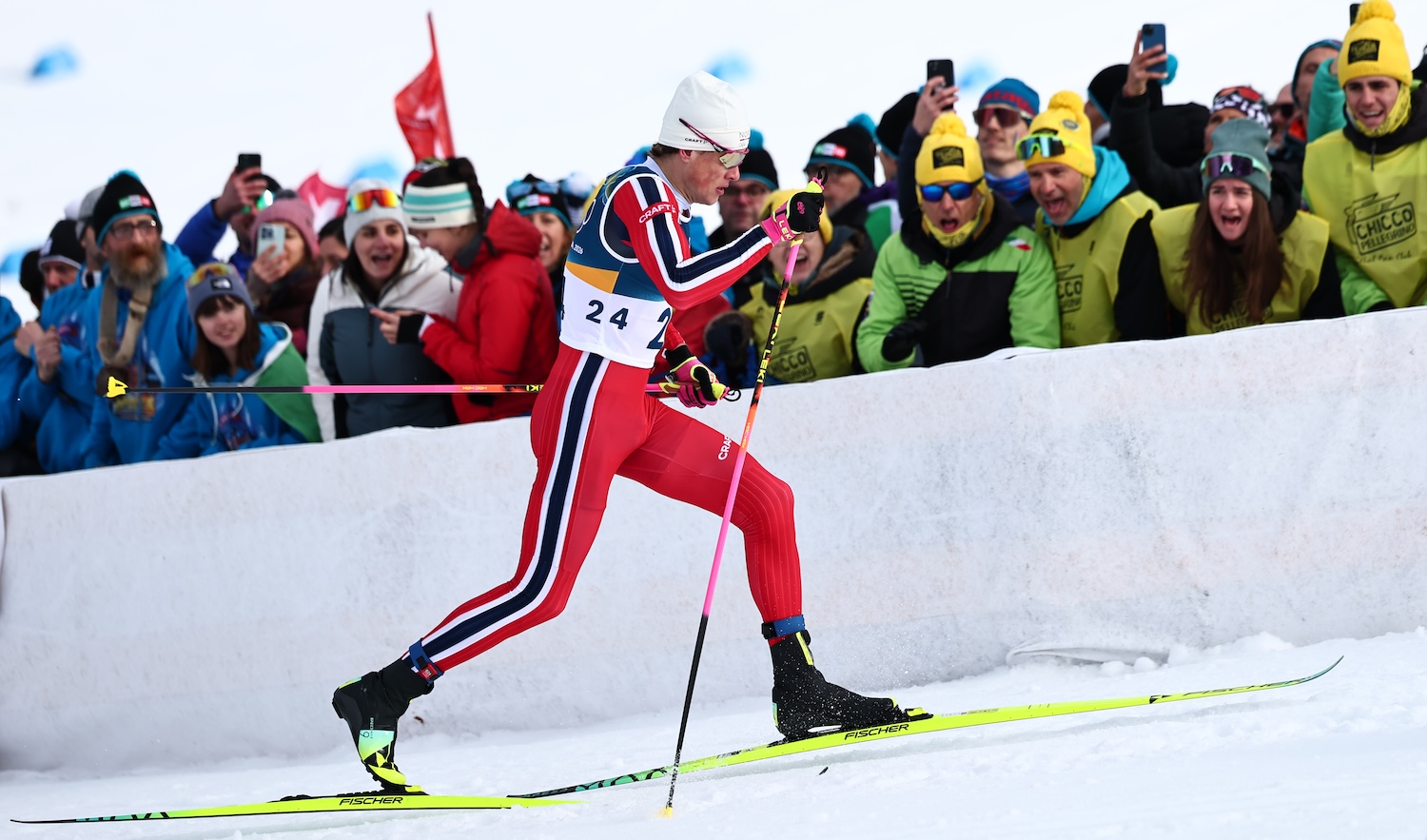We've reached the point in the NHL playoffs where skill often cancels out skill, and what's left is two teams scrapping to push the puck in opposite directions, hoping physics will twist in their favor.
In New York, as the Rangers beat the Hurricanes 4-3 in double OT, two talented teams found offensive success by screening goalies, creating traffic for deflections, and jumping on rebounds. The climactic winner, after about 40 minutes of stalemate, arrived through sheer persistence, as the Rangers threw the puck at the net a couple of times while Vincent Trocheck lay in wait at the post until he could whack a deflection off a defenseman through a five-hole.
Dallas and Colorado didn't trade back and forth in the same way, as the Stars scored three unanswered in the first before surrendering their lead at the start of the third. But still, this was the dawning of the age of the ugly goal. The Stars built their lead by hampering Alexandar Georgiev's ability to read the action, and the Avs responded with goals in which they crashed the net to prey on second chances. I count five bodies within touching distance of Jake Oettinger when Cale Makar fired the shot that triggered the equalizer, not including Nate MacKinnon lurking in the background, about to score. No goalie can do their best work with this thick a membrane of skaters between him and the puck carrier, and it's this disruption—not individual skill—that earned the big reward.
But this renewed focus on possession, positioning, and prayer can't completely eradicate those moments when one player soaks up the spotlight. As teams shorten their bench, commercial breaks disappear, and fatigue takes hold (especially on a Dallas squad coming off a Game 7), overtime is a tantalizing place to slip through a crack and find some open ice. That's exactly how Miles Wood captured a 1-0 series lead for Colorado.
The 28-year-old Wood is far from the Avs' most powerful weapon, scoring just nine times in 74 games during his Denver debut season after a run as a glue guy in New Jersey. Watching him on offense can feel like trying to load your washer via a T-shirt cannon. He shoots a ton, finishing fourth in shots on goal among the team despite ranking 12th in ice time, but he's never had any kind of finishing touch. What he brings instead is speed, unbridled enthusiasm, and blissful ignorance.
Miles Wood said he took the wooden stick and tried to get a curve in the blade by using the blow torch.
— Amanda Stein (@amandacstein) November 30, 2022
He set the stick on fire. 😂
In almost all scenarios, I'd take Dallas's top defenseman, Miro Heiskanen, over Wood. But after 70 minutes, it's a different story. The Stars managed to create a couple of scary chances through gaps in the Avalanche defense, but they couldn't convert, and Colorado knew what they wanted to do when possession switched over. Andrew Cogliano cleared the puck out of his zone as Wood broke free, essentially starting a race between himself and Heiskanen. This is key: Wood only played 13:41 in this game. Heiskanen was feeling 26 tough minutes from Sunday and another 29:57 on Tuesday. Plus, Miles Wood is fast under any circumstances. Wood beat the Star to the puck and got in front of him, but then came the trickiest part. At blink-and-you-miss it speed, he had to guide the puck across Oettinger's crease, put it on his backhand, and knock it forward before the goalie's left pad caught up. He nailed his trick, and it was a pleasure to watch.






